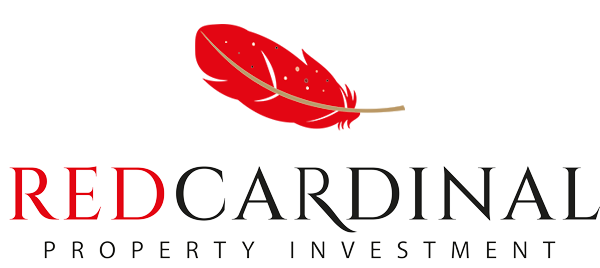Advice and Approaches
Building a property investment portfolio is a long-term strategy that requires careful planning, research, and execution. Whether you’re a seasoned investor or just starting out, there are several tips and strategies you can follow to maximise your returns and achieve your investment goals.
Building a Property Investment Portfolio: Define Your Investment Strategy
Before you begin investing in property, it’s important to define your investment strategy. Determine your investment goals, risk tolerance, and timeline for achieving those goals. Are you looking to generate passive income through rental properties or capitalise on capital appreciation by flipping properties? Answering these questions will help you identify the types of properties to invest in, as well as the areas and markets that best align with your strategy.
Conduct Market Research
Once you’ve defined your investment strategy, conduct market research to identify potential investment opportunities. Look at key indicators such as population growth, employment rates, and rental demand to determine which markets are poised for growth. Use online resources, such as property listing websites and real estate investment forums, to identify specific properties that meet your investment criteria.
Building a Property Investment Portfolio: Build a Network of Professionals
To succeed in property investment, it’s important to build a network of professionals who can provide valuable advice and support. This includes real estate agents, property managers, and contractors. A real estate agent can help you identify potential investment properties and negotiate deals, while a property manager can oversee day-to-day operations and maximise rental income. Contractors can help you make necessary repairs and renovations to increase the value of your properties.
Conduct Due Diligence
Before making an investment, conduct due diligence to ensure the property is a good fit for your investment strategy. This includes reviewing the property’s financials, such as rental income and expenses, as well as conducting a thorough inspection of the property to identify any potential issues. Consider working with a professional inspector to ensure a thorough assessment.
Building a Property Investment Portfolio: Secure Financing
Once you’ve identified a potential investment property, secure financing to fund the purchase. Explore your options, including traditional mortgages, hard money loans, and private lenders. Consider working with a financial advisor to determine the best financing strategy for your investment goals.
Maintain Your Properties
Once you’ve invested in properties, it’s important to maintain them to ensure they remain profitable. This includes regular maintenance and repairs, as well as managing tenants and rental income. Consider working with a property management company to oversee day-to-day operations and maximise rental income.
Diversify Your Portfolio for
To minimise risk and maximise returns, it’s important to diversify your property investment portfolio. Consider investing in different types of properties, such as residential, commercial, and industrial, as well as different markets and geographic locations. This will help ensure your portfolio is resilient in the face of market fluctuations and economic uncertainty.
In conclusion, building a property investment portfolio is a long-term strategy that requires careful planning, research, and execution. By defining your investment strategy, conducting market research, building a network of professionals, conducting due diligence, securing financing, maintaining your properties, and diversifying your portfolio, you can maximise your returns and achieve your investment goals. Remember, property investment is not a get-rich-quick scheme – it requires patience, persistence, and a willingness to learn and adapt to changing market conditions.
Good Luck.




